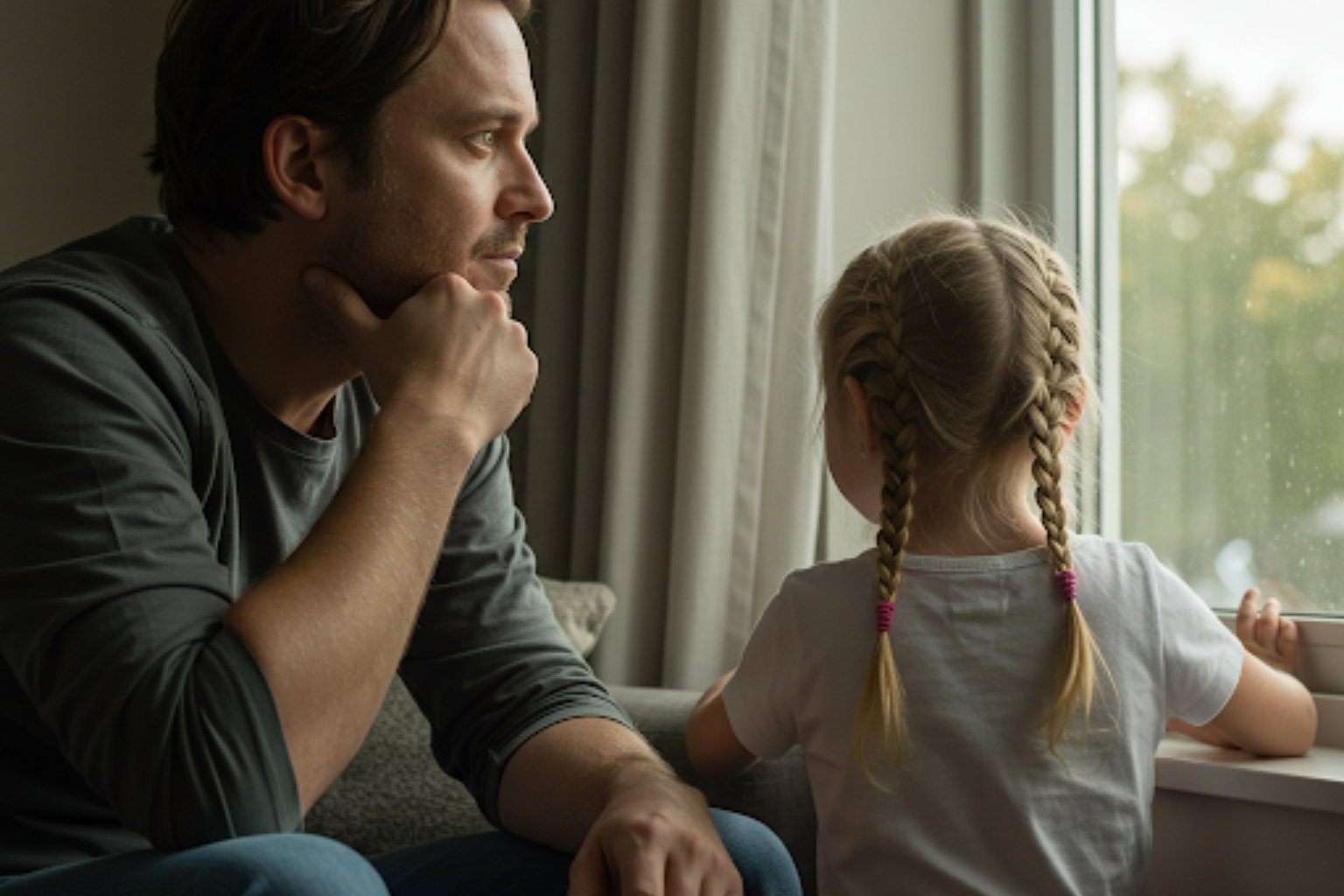Parental behavior plays a crucial role in shaping a child’s emotional well-being. While love and support help build confidence and resilience, certain negative patterns — even when unintentional — can hinder a child’s emotional growth. Recognizing these behaviors is the first step toward creating a nurturing and emotionally healthy environment.
1. Emotional Development in Early Years: Why It Matters
- The foundation for emotional regulation, empathy, and self-esteem is built in early childhood.
- Children learn emotional responses by observing parents’ reactions to stress, conflict, and success.
- A safe and supportive home allows children to express feelings and build coping mechanisms.
- When exposed to negative emotional patterns, children may develop anxiety, low self-worth, or difficulty in relationships.
- Consistent emotional guidance helps children develop resilience and confidence.
2. The Impact of Harsh Criticism and Constant Judgment
- Frequent criticism can damage a child’s self-esteem and increase fear of failure.
- Children may internalize harsh words and believe they are not “good enough.”
- Judgmental attitudes toward the child or others can foster insecurity and perfectionism.
- It may lead to emotional suppression or excessive need for approval.
- Supportive correction and encouragement are more effective than shaming.
3. Inconsistent Reactions and Emotional Unavailability
- Inconsistency creates confusion and emotional instability in children.
- A parent who is warm one moment and cold the next sends mixed emotional signals.
- Emotional unavailability — being physically present but emotionally distant — leaves children feeling unseen or unimportant.
- Children may become anxious or overly dependent, fearing disconnection.
- Regular emotional check-ins and present listening are key to preventing this.
4. Overprotection and Lack of Autonomy
- Shielding children from all discomfort can limit their emotional growth.
- Overprotective parenting can lead to low resilience and fear of taking risks.
- Children may struggle with frustration, disappointment, or failure if they haven’t practiced coping in a safe space.
- It may delay the development of problem-solving skills and independence.
- Allowing age-appropriate challenges helps children learn emotional balance.
5. Modeling Poor Emotional Regulation
- Parents who yell, withdraw, or act impulsively during stress model unhealthy emotional responses.
- Children often imitate these behaviors, even without understanding them.
- Constant tension or explosive reactions can increase a child’s emotional reactivity.
- Suppressing emotions entirely teaches children to bottle up feelings instead of processing them.
- Calm responses, emotional honesty, and apologies are powerful teaching tools.
6. Lack of Validation and Empathy
- Dismissing a child’s feelings with phrases like “Don’t cry” or “You’re being dramatic” minimizes their emotional experience.
- Without validation, children may struggle to trust their emotions or communicate them.
- A lack of empathy can lead to feelings of loneliness, shame, or invisibility.
- Validating does not mean agreeing; it means recognizing how the child feels.
- Simply saying “I see that you’re upset, and that’s okay” builds emotional trust.
7. Parental Conflict and a Hostile Environment
- Frequent arguments, passive aggression, or tension between parents affect children deeply.
- Even when not directly involved, children absorb the emotional climate of the home.
- Living in a hostile environment can lead to chronic stress, anxiety, and emotional dysregulation.
- It may also teach children unhealthy conflict resolution habits.
- Creating a peaceful, respectful space — even during disagreements — is essential.
8. Overemphasis on Achievement
- Pressuring children to excel can tie their worth to performance, not character.
- Children may develop anxiety, perfectionism, or fear of disappointing others.
- Success should be celebrated, but effort, creativity, and persistence must also be valued.
- Balance praise between achievements and emotional growth (e.g., kindness, patience).
- Encourage curiosity and resilience over competition and pressure.
9. Ignoring Mental Health and Emotional Needs
- Dismissing signs of anxiety, sadness, or withdrawal can leave children feeling neglected or misunderstood.
- Telling children to “toughen up” may suppress important emotional signals.
- Ignoring mental health needs delays intervention and can intensify problems.
- Emotional health is as important as physical health and deserves regular attention.
- Being available, asking questions, and creating space for conversations builds emotional safety.
10. Moving Forward: Creating a Positive Emotional Environment
- Self-awareness is key — no parent is perfect, but change is always possible.
- Reflect on your emotional patterns and how they may influence your child.
- Apologize when necessary and model emotional accountability.
- Create routines that support open communication and emotional expression.
- Seek support when needed — therapy, parenting courses, or open conversations with trusted adults.
By acknowledging the influence of parental behavior on emotional development, we can break negative cycles and build a home where children grow emotionally strong, confident, and compassionate.
